Collagen remains one of the most searched beauty ingredients worldwide, generating millions of monthly queries. Consumers often link collagen with youthful, firm, and radiant skin, making it a marketing powerhouse. However, the scientific and cosmetic reality is more complex. While collagen is essential for skin structure, not all collagen products deliver the same results.
Because of this, cosmetic chemists and brand developers must look beyond buzzwords to truly understand how collagen functions in the skin, how it can be stimulated, and what strategies deliver measurable outcomes. By separating marketing hype from formulation science, brands can build both trust and long-term consumer loyalty.
The Role of Collagen in Skin
Collagen is the most abundant structural protein in the dermis, providing tensile strength, elasticity, and resilience. It acts as the scaffolding that maintains youthful firmness and smoothness. Unfortunately, beginning in the mid-20s, collagen production naturally declines by about 1% per year. Environmental stressors such as UV radiation and pollution accelerate this process, leading to fine lines, wrinkles, and thinning skin (PubMed).
Consequently, stimulating collagen production or slowing its degradation has become one of the primary goals of anti-aging skincare.
Collagen: Limitations and Opportunities
Many creams claim to contain collagen, but native collagen molecules are too large to penetrate the skin barrier effectively (PubMed). This means their direct anti-aging activity is limited. However, topical collagen still offers film-forming and moisturizing properties, which improve hydration, softness, and skin feel.
The opportunity lies in hydrolyzed collagen peptides or collagen fragments, which can provide bioactivity. In some cases, these fragments signal fibroblasts to stimulate new collagen synthesis, especially when delivered through encapsulation or advanced delivery systems. Therefore, while topical collagen alone may not be a miracle anti-aging solution, it plays a supportive role in hydration and barrier care.
Collagen-Boosting Cosmetic Actives
Chemists have developed several ingredient classes that go beyond applying collagen directly by stimulating the skin’s natural collagen machinery:
- Peptides (e.g., Matrixyl, Palmitoyl Tripeptide-1) → Signal fibroblasts to increase production of collagen I and III. Studies show a 30% reduction in wrinkle depth after 8 weeks (PubMed).
- Retinoids (Retinol, Retinaldehyde) → Boost collagen synthesis while reducing matrix metalloproteinase (MMP) activity, which breaks down collagen.
- Vitamin C (Ascorbic Acid, Magnesium Ascorbyl Phosphate) → Serves as an essential cofactor for collagen hydroxylation, helping stabilize the triple helix structure (PubMed).
- Growth Factor Mimetics & Exosomes → Deliver proteins, peptides, or RNA fragments that directly trigger fibroblast activation.
- Polydeoxyribonucleotides (PDRNs) → Provide nucleotides that support tissue repair, angiogenesis, and fibroblast proliferation.
These strategies represent a shift away from simply “adding collagen” toward stimulating the skin’s ability to produce it.
Nutricosmetics: Oral Collagen Supplements
Collagen powders, capsules, and drinks have become a multi-billion-dollar global category. Unlike topical collagen, hydrolyzed collagen peptides (di- and tri-peptides) are absorbed in the gut, reach the bloodstream, and influence fibroblast activity in the dermis.
Clinical trials demonstrate benefits such as:
- Improved skin elasticity by 7% and hydration by 15% after 12 weeks of supplementation (Skin Pharmacology and Physiology, 2014).
- Reduction in wrinkle depth after daily intake of 2.5–10 g hydrolyzed collagen peptides.
- Support for dermal collagen density when combined with Vitamin C supplementation (Nutrients, 2020).
Therefore, while results vary based on peptide size, source, and hydrolysis method, oral collagen clearly plays a role in beauty-from-within strategies.
Scientific Evidence: Collagen Beyond the Buzz
Collagen innovation stands on a growing evidence base:
- A placebo-controlled trial confirmed that collagen peptides improve hydration and elasticity over 8–12 weeks (PubMed).
- Peptides like Matrixyl demonstrated measurable wrinkle reduction in vivo, with visible results after 2 months.
- Vitamin C supplementation increased dermal collagen density in clinical imaging studies (PubMed).
Taken together, these studies show that while collagen creams may have limited penetration, peptides, antioxidants, and oral supplementation provide scientifically supported pathways for boosting collagen.
Cosmetic Applications
Collagen innovation spans multiple categories:
- Anti-Aging Serums → Peptide-rich blends with retinoids and Vitamin C for fibroblast stimulation.
- Barrier Creams → Film-forming collagen fragments to hydrate and protect.
- Nutricosmetics → Powders, gummies, and drinks with hydrolyzed peptides.
- Post-Procedure Care → Collagen boosters that aid skin recovery after dermatological treatments.
Moreover, combining topical + oral approaches offers a holistic beauty routine, aligning with consumer demand for inside-out solutions.
Consumer Benefits
Consumers consistently associate collagen with youth and beauty. When supported by evidence, collagen products can deliver:
- Firmer, plumper-looking skin
- Reduction in fine lines and wrinkle depth
- Improved elasticity and bounce
- Hydration and barrier reinforcement
- Support for holistic beauty-from-within routines
These benefits highlight why collagen continues to be a consumer magnet, appealing across demographics.
Formulation Tips for Chemists
When developing collagen-boosting formulas, chemists should:
- Encapsulate peptides and Vitamin C to improve stability and bioavailability.
- Pair stimulators with antioxidants (like ferulic acid or green tea catechins) to reduce collagen breakdown.
- Explore twin-concept formulations (oral + topical) to enhance results and marketing stories.
- Rely on clinical evidence in claims while avoiding drug-style language.
This approach ensures not only performance but also compliance.






